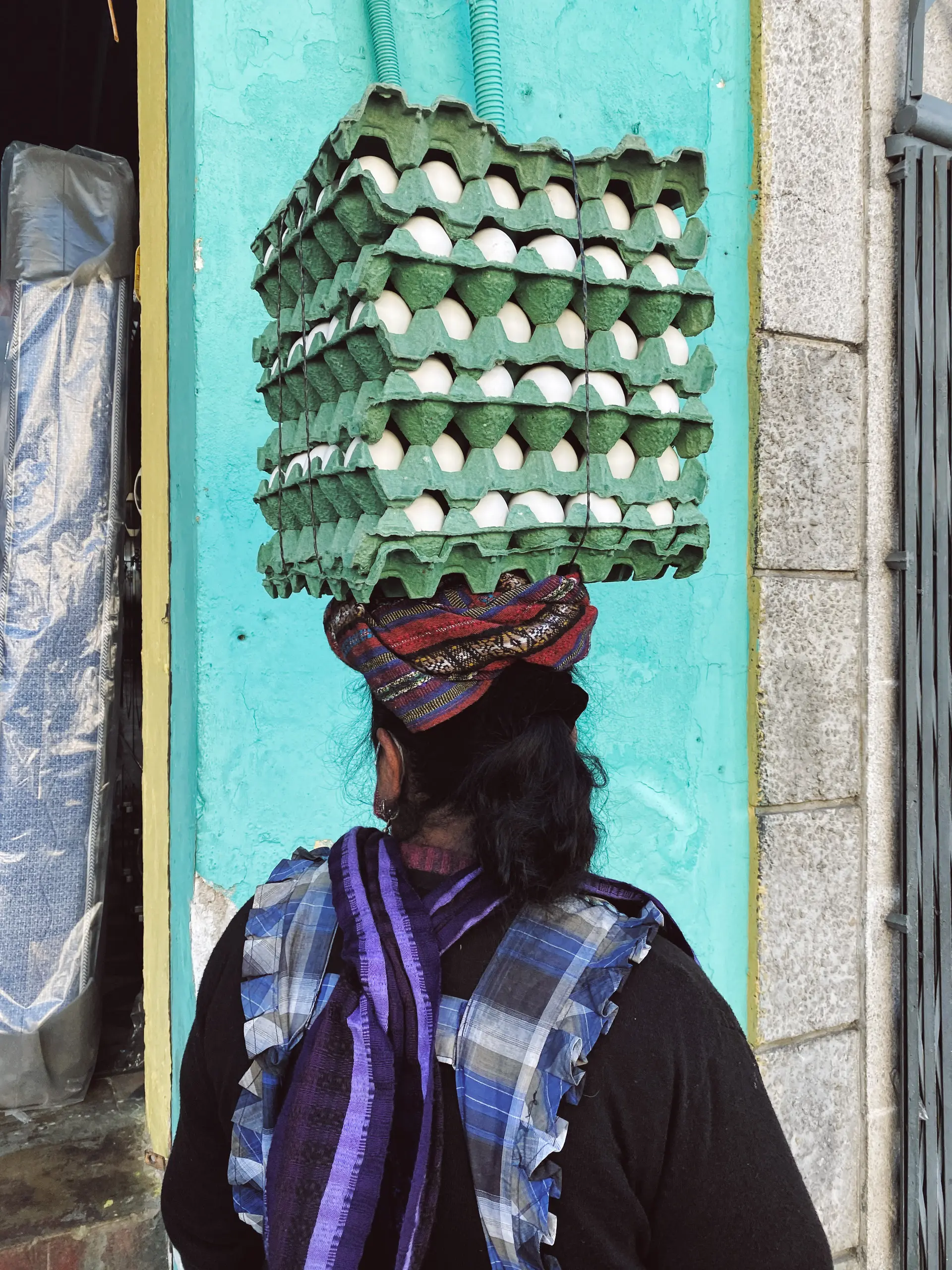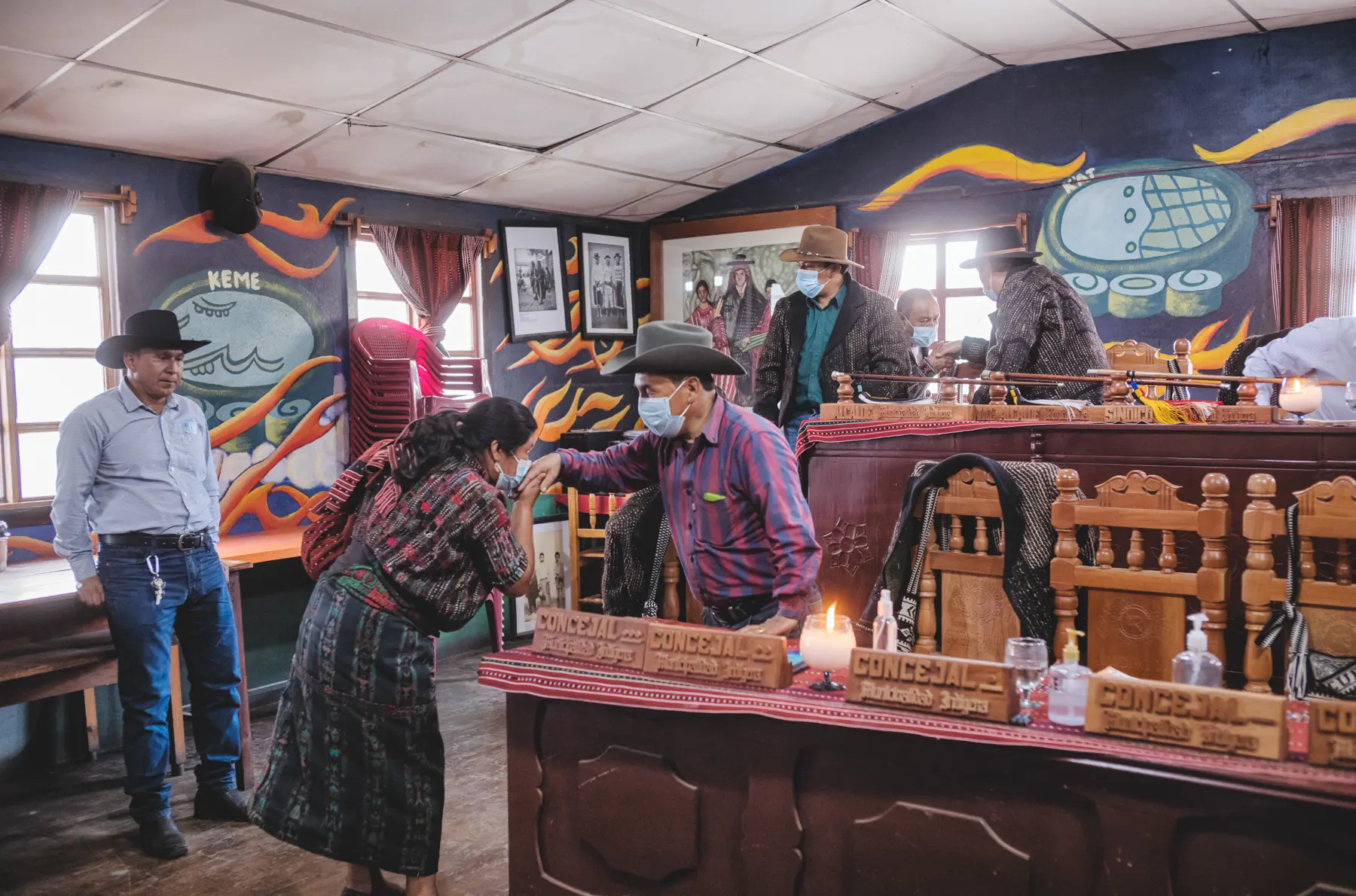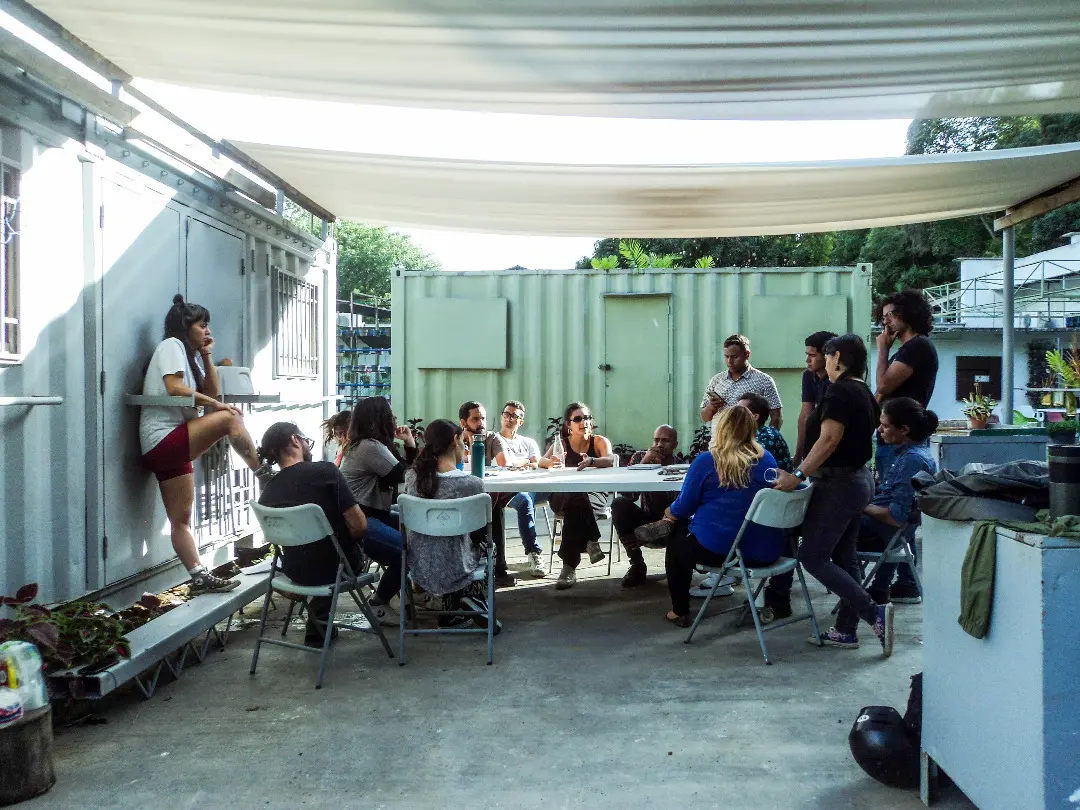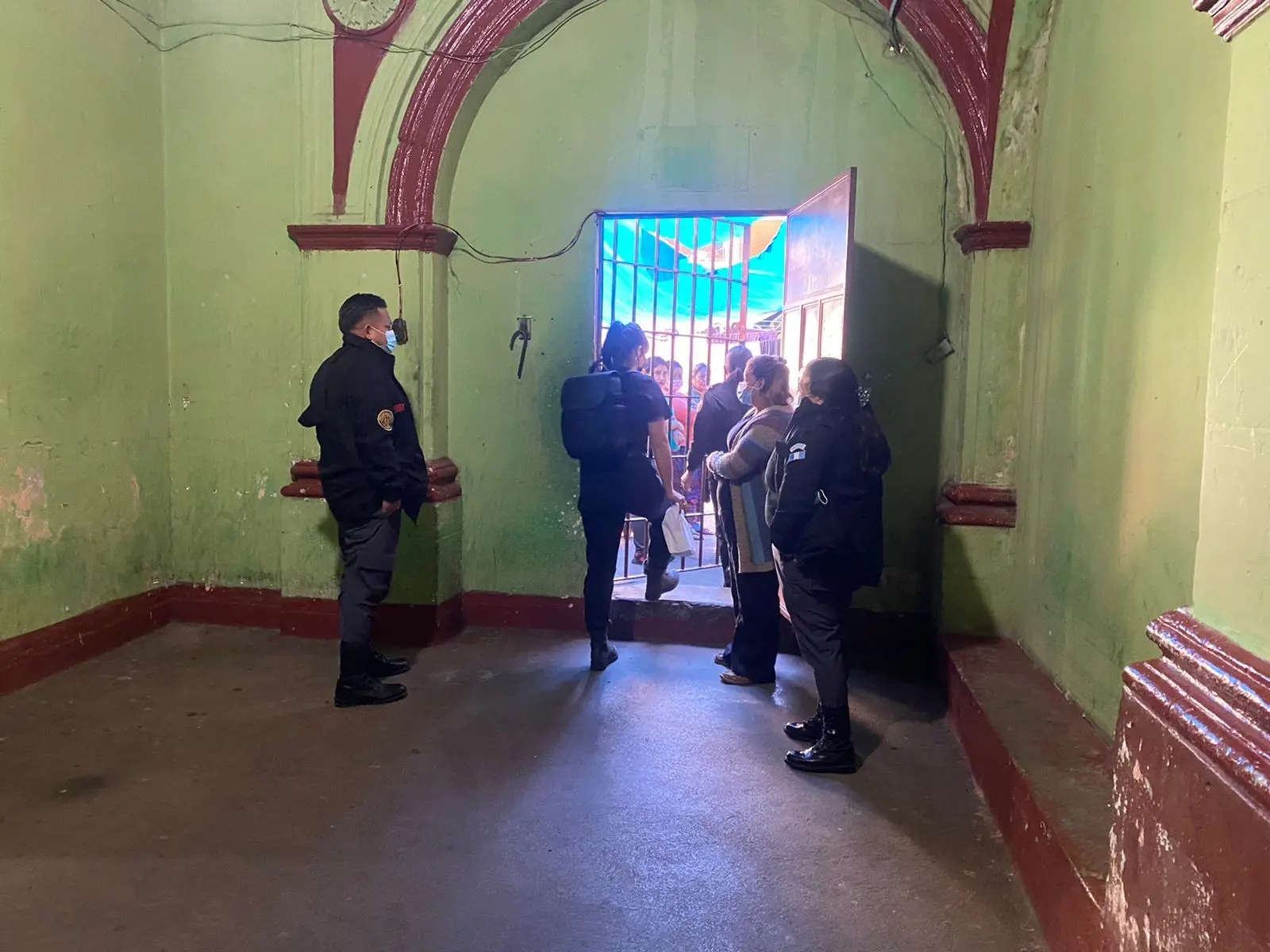Ana Maria Arevalo Gosen
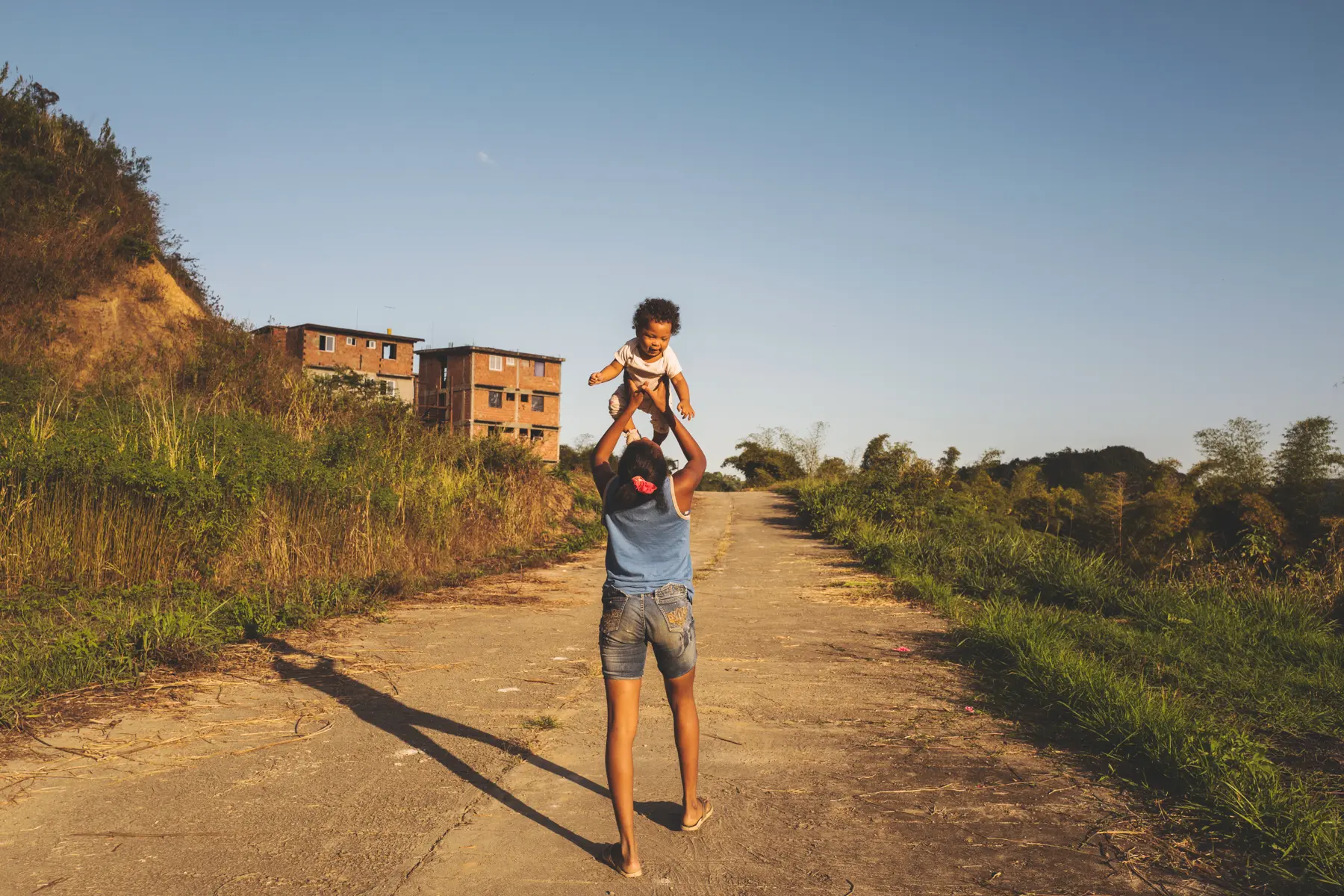
Anna Maria Arevalo Gosen
Ana Maria Arevalo Gosen: Making an Impact Through Photography
Since winning the Leica Oskar Barnack Award (LOBA) in 2021, Ana Maria Gosen has been relentless in her quest for social change. Her winning project, Dias Eternos, which documents the human rights abuses of incarcerated women in Venezuela, has expanded its reach through exhibits, public speaking, and into El Salvador and Guatemala. Progress has been slow, but she was prepared for that. “What I ultimately want to achieve with my work is to raise awareness about social issues,” she says. “I dedicate my life to trigger change and improve the human condition.” The work is not easy, but through it all she has managed to find a balance between it and a healthy personal life.
Ana Maria currently lives in Spain. I caught up with her to talk about her life since winning the LOBA.
RR: I know it has been a busy year for you. Please catch us up on what has been going on in your life.
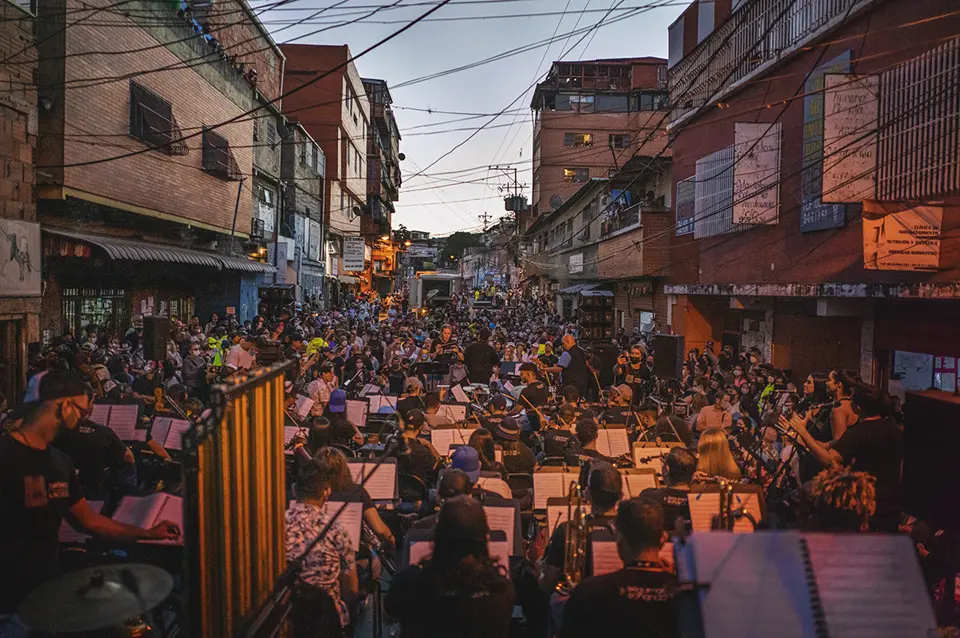
Anna Maria Arevalo Gosen
AMG: 2022 was a year full of surprises! I expanded my project Dias Eternos to Guatemala. Then I traveled to Venezuela to exhibit my work “Sinfonia Desordenada,” which is about the power of music during difficult times. For the first time I displayed work that shows the positive side of Venezuelans. Seeing the musicians and their families at the gallery was one of the most beautiful moments of my life.
I conducted a free workshop on long-term projects for social change called “Ojo Pelao” for emerging photographers in Venezuela. Twenty-one photographers participated. I also finished a project about teenage pregnancy for National Geographic Society.
After all this, I found out I was pregnant! My son, Milo was born in January with open and curious eyes. He is a photogenic little monster full of milk, and we celebrate him every day.
RR: Ana, I admire how you give back in all you do. I want to ask about the LOBA you won in 2021. What did the award mean to you?

AMG: The LOBA undoubtedly helped expand my work. Since then, “Dias Eternos” has toured galleries worldwide, from Taipei to London and from Hamburg to New York. It’s made more people aware of the conditions of women in prisons in countries far away from them. This is one of the fundamental roles of photography, to make an impact through a large audience.
The LOBA made me feel like I am on the right track. It connected me with Sara Reumens in London, and Sheila Pree Bright and Debi Cornwall in New York. Listening to these women made me understand that although I often feel alone in the field, I am not alone in the fight. It made me understand that although we are from different countries with different artistic approaches, our philosophy is towards healing ourselves and the collective from a deeply personal perspective.
RR: You have used your photography as a weapon for change and social justice. Have you seen an impact since you began your work on Dias Eternos?
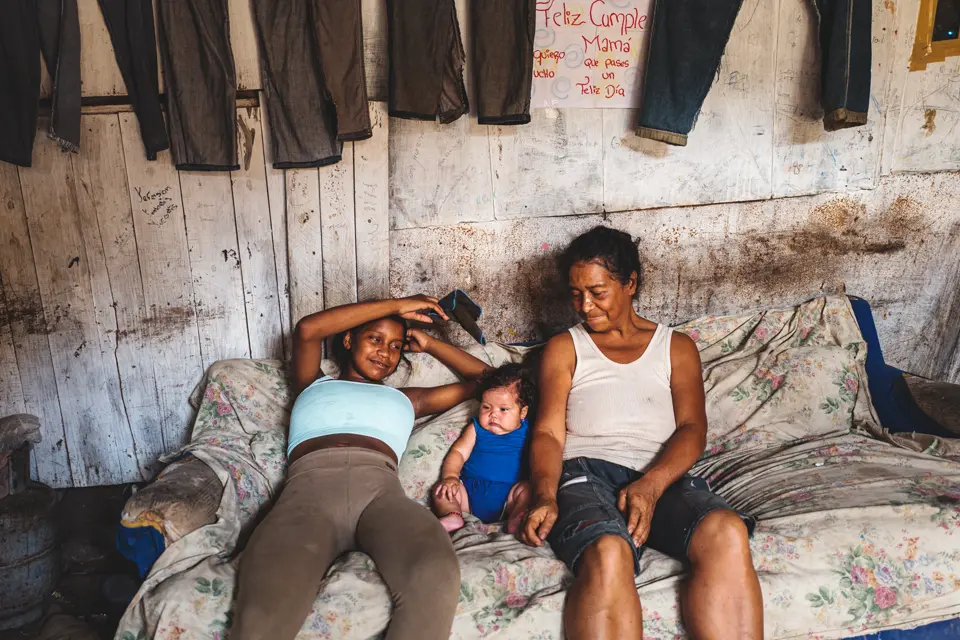
Anna Maria Arevalo Gosen
AMG: This question always hits me because I want to enable a tangible change within the region's prison system. I think there is still a long way to go; however, I managed to expand the work to Guatemala in 2022, where I met women detained for the murder of their husbands after having suffered years of gender violence.
Also, during my time in Venezuela, I visited two detention centers for a project on maternal health in Latin America with my collective Ayün. The hardest part of incarceration from a gender perspective is motherhood. By law, a woman can be in prison with her children until age four, but this right is lost for the thousands of mothers awaiting trial.
RR: What future projects are you developing or thinking about?
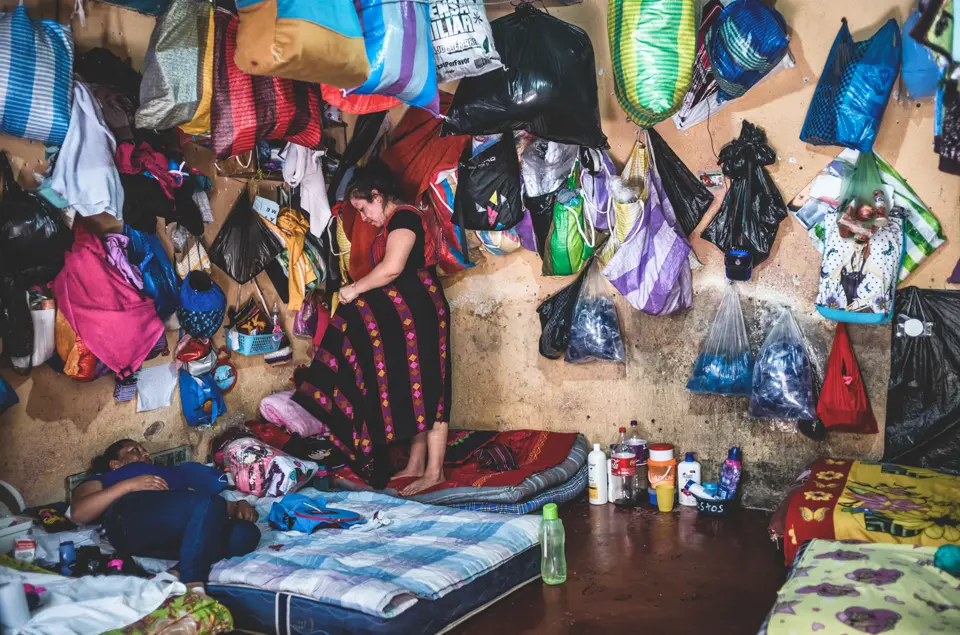
Anna Maria Arevalo Gosen
AMG: Well, my main project now is my new little son! But I am looking for more outlets and publications for the Guatemala and El Salvador chapters of Dias Eternos. I am in the process of creating a book for Dias Eternos – Venezuela and a foundation to help these women.
With the National Geographic project on teenage motherhood in Venezuela, I am editing a short educational documentary of the interviews I recorded with a nutritionist and gynecologist. The idea is to show this work in schools and open a dialogue for our teenagers.
Also, at the end of this year, I would like to work more with Ayün Fotografas on our project, Maternal Health in Latin America.
RR: Can you talk a little about the challenges you have faced as a woman and a woman of color in your career?
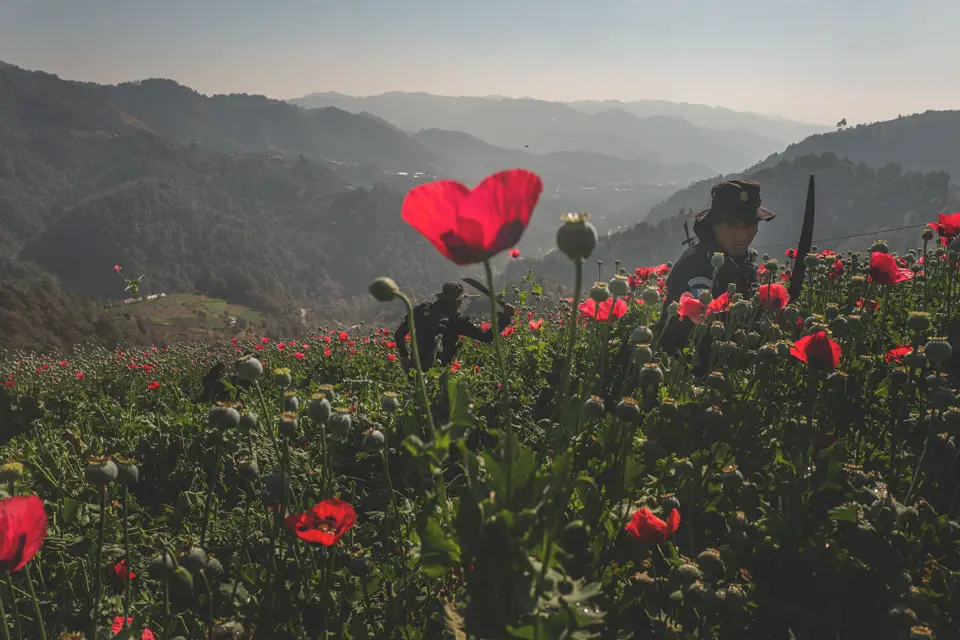
Anna Maria Arevalo Gosen
AMG: I wear proudly and comfortably my gender and the color of my skin. It's something I inherited from the women in my family. They taught me that being a woman and being Latina makes me resilient, strong, and fearless. My path has led me to be a migrant, too. I have learned to speak three languages in addition to Spanish to connect with people. I have gained a lot in my experience despite the hardship and the wound - still open - of having left my country.
During my pregnancy, several people (including women) asked what I would do with my career when I had my son. Why don't we ask that question to everyone instead? Luckily, I have my Ayün Fotografas and several mothers with very successful careers who inspire me. I would be afraid if I didn't have a husband who is present as a father. I would be afraid if motherhood weren't something I fully embraced. My identity of being a woman and Latina has always been my flag.
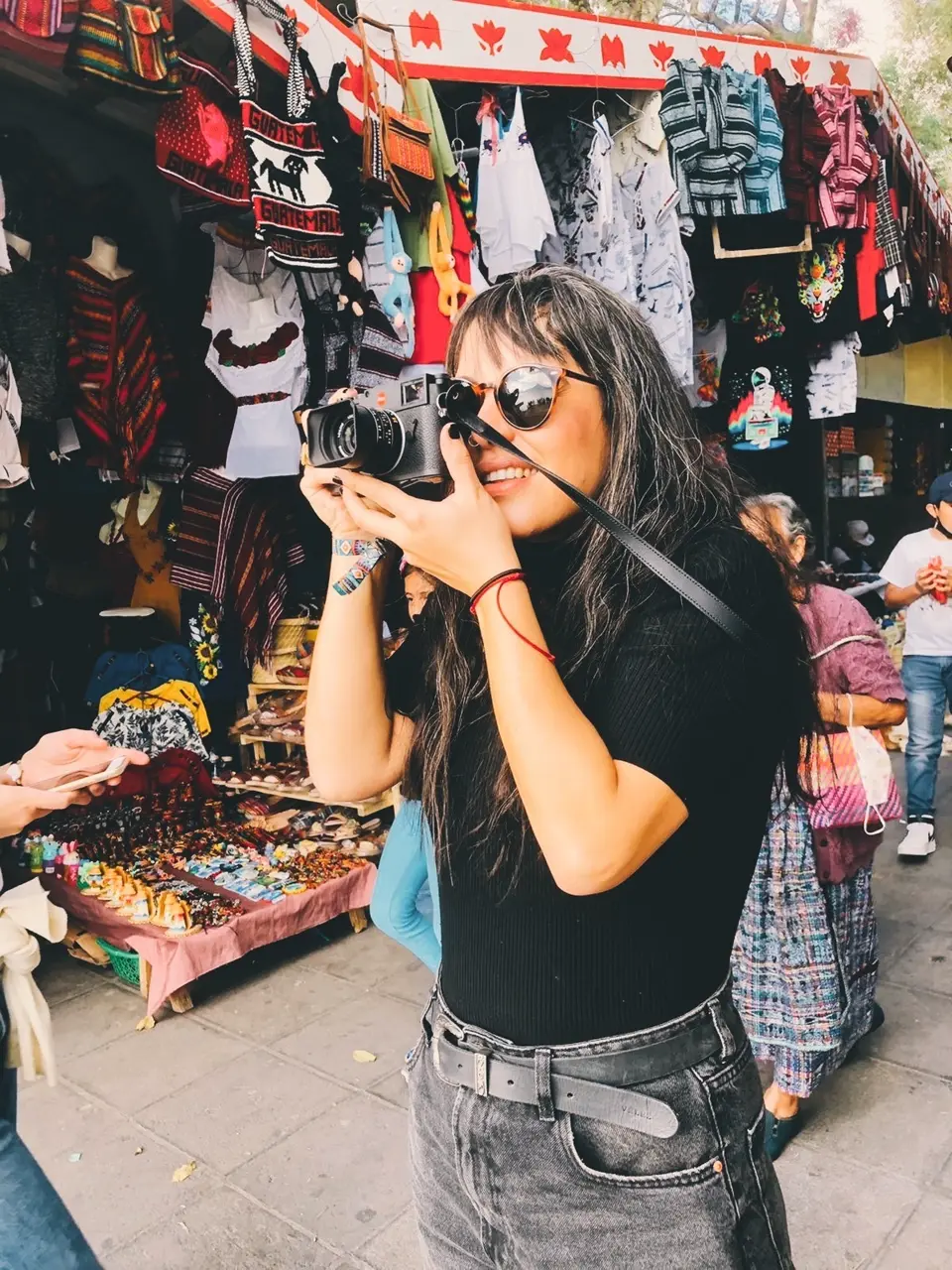
Connect with Anna
Her story doesn't end here.
Continue the journey with Anna on social media:
Instagram: @anitasinfiltro
Twitter: @llamistica
